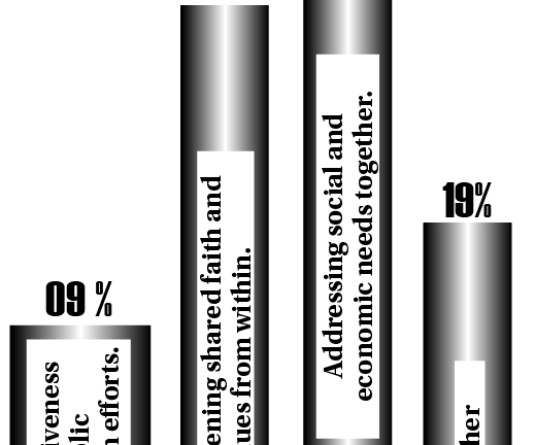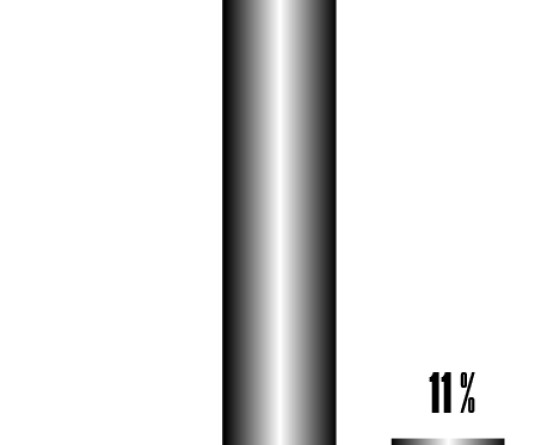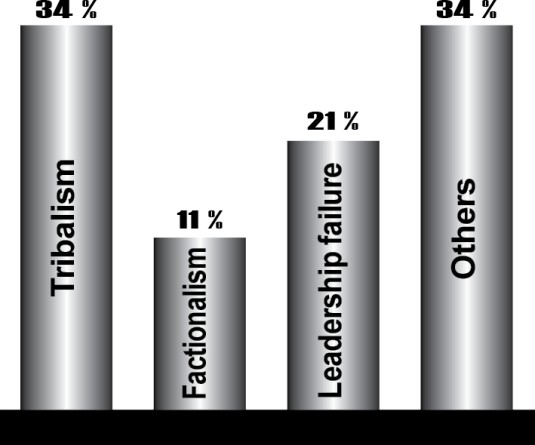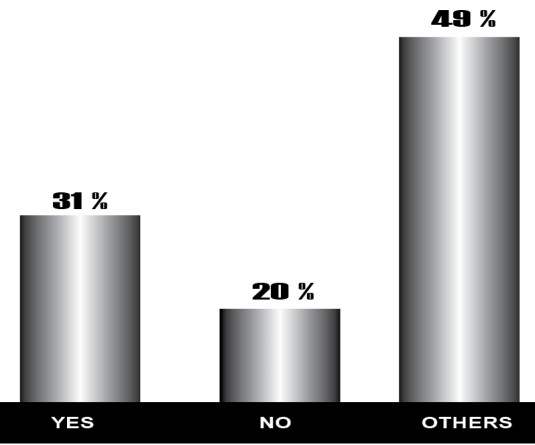
Strengthening:
• In my opinion, looking at the current trend of emerging E-journalism or digital journalism, I think social media platforms are strengthening, rather than weakening, journalism. It is obvious from the fact that through these platforms, quick and immediate report of important news is made possible. News is widely circulated or in other words, available to the masses. I do not suppose at this juncture of a century, anybody will be lacking a device or internet to keep oneself updated with the happenings of the world around. Previously, for a person to read news, one had to buy a newspaper daily. Today, it is in the palm of our hand. The only question is whether or not one is interested to read it! On the other hand, owing to the availability of e-news, I'm afraid there may be a decline in the number of people subscribing for hard copies of Newspapers. Even so, this would contribute neither to strengthening or weakening of journalism. Continuity of news from journalists to the masses (audience) is the point considered thus.
• Issues get broadcasted to people quickly and with greater reach. Places where there are no newspapers normally like in villages have instant access to social media. Furthermore, the people can voice instantly their feedbacks through comments strengthening public discourses. Social media has also given rise to activist journalists who are usually individuals who get their voices heard where normally their opinions would be difficult to be made heard due to logistics of publishing in actual newspapers or TV. Such journalists are free from the restraints of large scale news media usually.
• It can strengthen journalism because social media gives free and extensive publicity. Finding good stories and case studies and reporting them well is up to the journalist's sincerity and expertise.
• Unlike the past years, social media has become a mass choice especially post covid-19. Social media has not only become a platform to get inputs and updates of latest happenings but it has created a space for addressing grievances and create rooms to share opinions of different perspective on varied subjects. Lastly, reaching out to far flung remote areas, helping the voice of voiceless to be heard and talked about is one major impact of social media.
• With the smartphone and internet made accessible to majority of the population, any event/incident can be recorded by any individual and uploaded in social media platforms easily where journalists cannot be present firsthand, and thus making dissemination of information easier with video graphic evidence, an example is the incident of falling rocks in 2023 where three cars were hit near Chümoukedima police Check post which was recorded in a dashcam from a car behind, which was widely circulated in social media and later all media/news outlets used the same recording to report the news.
Weakening:
• Because it is affecting the old and new generation of fake news and negative environment. Earlier it was not like it is now in matters of information illiterate elderly persons and youths as well are being negatively influence by fake information and news and because of that it is weakening the journalisms
• In my opinion, social media platforms are weakening journalism in Nagaland. While they have brought about many digital advancements and allow news to spread instantly, they have also given rise to a large number of so-called “citizen journalists” who often ignore media ethics like accuracy and fact checking, wherein they often share unverified or misleading information without proper fact-checking, which undermines the credibility of professional journalism leading to spread of fake news and misinformation…while it has become a platform for the voiceless this can also sometimes lead to chaos
• Social media in Nagaland is making a mockery of journalism in Nagaland with a lot of untrained and unethical youtubers. This is sadly weakening journalism. There is no doubt that social media can actually strengthen journalism, but the current practice is only weakening it. There are a lot a lot of unverified news and sensationalising in social media. Even the way the anchors are talking, they are literally shouting at the viewers.
• Social media is definitely weakening journalism in Nagaland. There is no ethics and principles in social media journalism in Nagaland. Some measures should be taken to uphold journalistic principles and norms.
• Social media news media are weakening the core principles journalism because the presenters are mostly untrained with the ethics of journalism. They thrive are sensationalism and undermine the credibility of real journalism.
• The explosion of social media platforms is very unhealthy when it comes to journalism. We are seeing how immature social media is only increasing reactive information and fake news. Its pathetic to see how news anchors are shouting on the mikes and editorialising the news and telling the viewers how to understand the content. It bypasses all journalistic ethics and principles.
• Too many content creators in Nagaland and they don't know what is even news
Others:
• I don't think it's either weakening or strengthening it. I would say there's no impact of social media in journalism in Nagaland because people who are obsessed with social media or atleast many who use social media are just into it for entertainment purpose only and not for getting real news and information. Likewise, some people who make use of social media platforms as/like a news channel also simply cover the same news/information which any ordinary people can get it from traditional news agencies/channels/papers, no proper covering of news and reporting, they just easily collect the news from internet or other means and give it out as their media content, for their own views and so on.
• In my opinion I would say it has pro’s and con’s as through social media we receive news in “Real Time” without awaiting for another 24 hours to reach the news of yesterday. However social media can be a threat and dangerous not just for the journalism but for entire population, the rapid spread of fake news through social media platform can bring downfall. Hindsight social media platforms can be a great tool or a great disaster.
• It is a mixture of both and the biggest drawback is the misinformation.
• Nagaland is in for a challenging time. The majority of the public are still not able to differentiate between news and everyday happenings. In this confusion, the social media is only creating another layer of confusion. It looks like most people like to listen to what people think, rather than listen and read the factual news. This is a disturbing trend.
• Social media is overtaking Nagaland. There are some pros, but unfortunately the cons outweigh the pros. In social media, the anchors are giving their own version of the news instead of letting the viewers decide for themselves. Also, most of the social media content is about opinion and not much news. Social media in Nagaland has a long way to go before it can be called as news.






